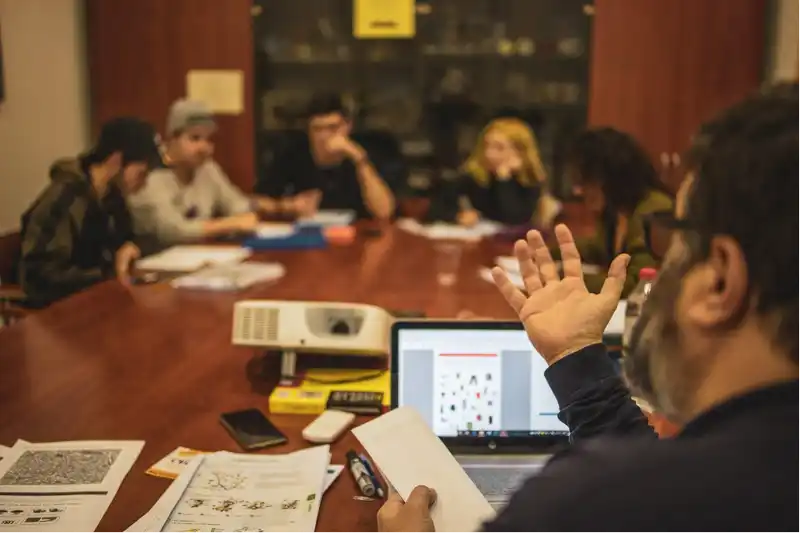In the field of education, training, youth and sports, the European Union develops and reinforces the European dimension, promoting mobility and international cooperation among various international programmes, including Erasmus+.
Education and training, to the same extent as youth and sport policies, play a key role in empowering adults through upskilling. They support recovery, economic growth, and employment by fostering an increasingly skilled, dynamic, and adaptable population.
The European Union supports and supplements the actions of each Member State. On the other hand, the new European area of education is working towards a global and shared vision, i.e. ensuring that by 2025 all people have access to quality education and training in a truly common European learning area.
At Open Europe, we promote multilingualism, supporting language teaching and learning, encouraging the mobility of students, trainees, teachers and young people, and facilitating the exchange of information, good practices and experiences.
When we set our corporate goals and priorities, we make lifelong learning and mobility a reality. We improve the quality and effectiveness of education and training, and promote equity, social cohesion, and active citizenship.
We promote numerous projects in the field of education and training. We do so by constantly focusing on establishing partnerships for innovation in education, training and youth.
Last but not least, we encourage creativity, innovation, and entrepreneurship in people who come into daily contact with our professionals and our network.
Our various activities at the local, regional, national, and international levels are conceived, designed, planned and carried out taking into account the concept of lifelong learning. This is due to the fact that we believe that ad personam training it focuses on the needs and requirements of the individual and generates an overall improvement in the quality of life of the human being.
This does not necessarily imply the acquisition of intangible competences of universal and permanent validity. Instead, it implies a permanent and continuous learning that is in line with the changes that, increasingly, define the socio-economic, historical, political-institutional, and international context.

